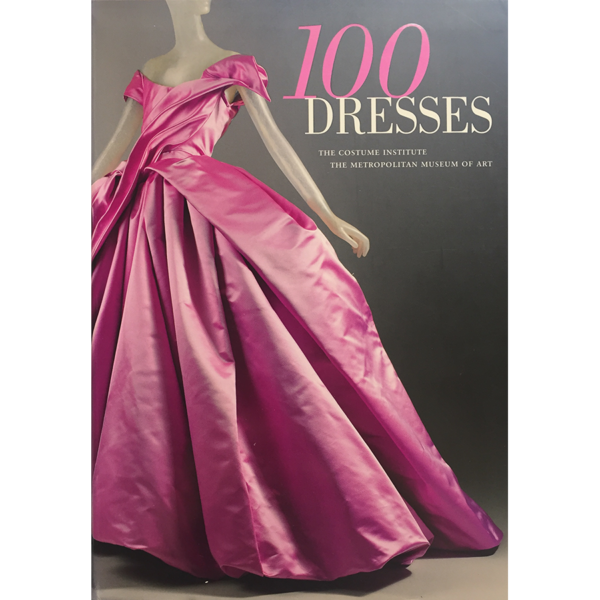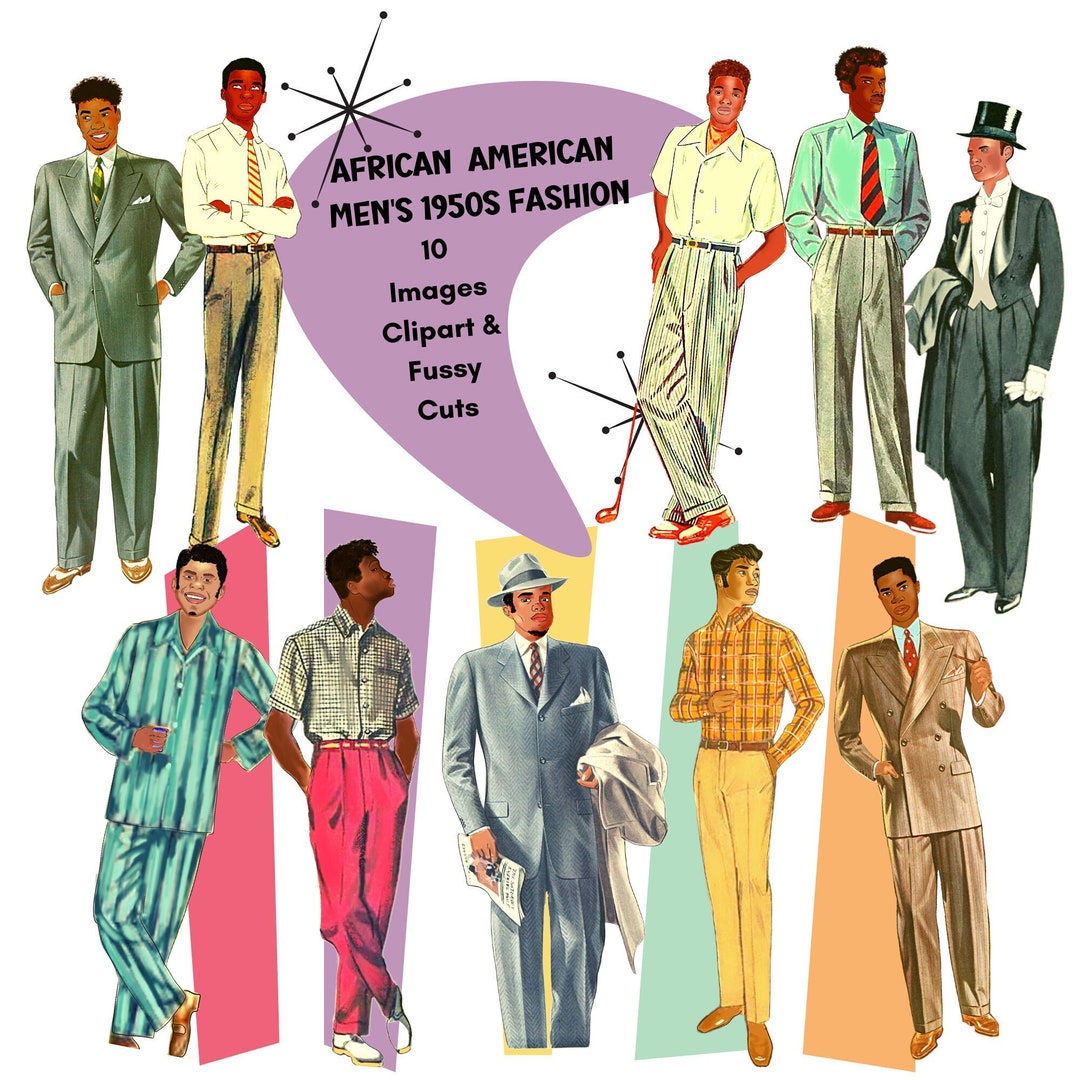African American fashion history is a rich tapestry of cultural expression, resilience, and innovation. From the days of slavery to the modern era, fashion has been a powerful medium for African Americans to assert their identity and challenge societal norms. This article will delve into the fascinating journey of African American fashion, exploring its evolution, key milestones, and enduring influence on global style.
As we explore this captivating topic, you'll discover how African American fashion has not only shaped the aesthetics of the community but also contributed significantly to the broader fashion landscape. It's a story of triumph and creativity, reflecting the struggles and successes of African Americans over the centuries.
Join us as we uncover the roots of African American fashion history, celebrate its iconic moments, and recognize its pivotal role in shaping contemporary fashion trends. Whether you're a fashion enthusiast or simply curious about the cultural significance of clothing, this article promises to provide valuable insights and inspiration.
Read also:What Is Chrome Nails A Comprehensive Guide To The Trendy Nail Art
Table of Contents
- Introduction
- The Early Period: From Slavery to Emancipation
- The Harlem Renaissance: A Cultural Awakening
- Fashion in the Civil Rights Era
- The Rise of Hip-Hop Fashion
- Influence of African American Designers
- African American Fashion in the Modern Era
- Global Impact of African American Fashion
- Cultural Significance and Identity
- The Future of African American Fashion
The Early Period: From Slavery to Emancipation
The early African American fashion history began during the era of slavery. Enslaved Africans were often denied the freedom to express themselves through clothing, but they found subtle ways to incorporate their cultural heritage into their garments. African textiles and patterns were sometimes woven into the fabrics they wore, symbolizing resilience and connection to their roots.
Following emancipation, African Americans began to assert their individuality through fashion. The post-slavery period saw the emergence of vibrant clothing styles that celebrated freedom and self-expression. This era laid the foundation for the rich fashion traditions that would evolve over the years.
Key Influences During This Period
- African textile patterns incorporated into everyday clothing
- Post-emancipation emphasis on personal style and individuality
- Adoption of Victorian styles with unique adaptations
The Harlem Renaissance: A Cultural Awakening
The Harlem Renaissance in the early 20th century marked a pivotal moment in African American fashion history. This cultural movement celebrated African American art, literature, and music, and fashion became an integral part of this creative explosion. During this time, African Americans embraced bold styles that reflected their newfound confidence and artistic expression.
Iconic figures such as Josephine Baker and Bessie Smith popularized glamorous looks, including feathered headpieces, sequined dresses, and flapper styles. The Harlem Renaissance not only influenced African American fashion but also left a lasting impact on global fashion trends.
Notable Fashion Trends
- Glamorous flapper styles with intricate embellishments
- Incorporation of African motifs in clothing design
- Influence of jazz culture on fashion aesthetics
Fashion in the Civil Rights Era
The Civil Rights Movement of the 1960s brought about significant changes in African American fashion. Clothing became a powerful tool for political expression and unity. The "Afro" hairstyle and traditional African garments like the dashiki became symbols of cultural pride and resistance against racial oppression.
During this era, fashion was used to challenge stereotypes and promote self-identity. Activists like Angela Davis and Malcolm X embraced bold, statement-making looks that resonated with the movement's goals. The civil rights fashion movement emphasized the importance of authenticity and cultural heritage in personal style.
Read also:Side Layers Hair The Ultimate Guide To Creating A Trendy And Stylish Look
Key Fashion Statements
- The Afro as a symbol of cultural pride
- Adoption of traditional African clothing
- Use of fashion to convey political messages
The Rise of Hip-Hop Fashion
Hip-hop culture revolutionized African American fashion in the late 20th century. Emerging from urban communities, hip-hop fashion became a global phenomenon, characterized by oversized clothing, athletic wear, and luxury brands. Artists like Run-D.M.C., Tupac Shakur, and Notorious B.I.G. popularized this style, making it a staple in mainstream fashion.
Brands such as FUBU (For Us By Us) and Sean John emerged during this period, celebrating African American entrepreneurship in the fashion industry. Hip-hop fashion not only influenced streetwear but also inspired high-end designers to incorporate urban aesthetics into their collections.
Hip-Hop Fashion Icons
- Run-D.M.C. and their signature Adidas tracksuits
- Tupac Shakur's bandanas and baggy jeans
- Notorious B.I.G.'s oversized coats and jewelry
Influence of African American Designers
African American designers have played a crucial role in shaping the fashion industry. From early pioneers like Ann Lowe, who designed Jackie Kennedy's wedding dress, to contemporary icons like Virgil Abloh and Kerby Jean-Raymond, these designers have broken barriers and challenged traditional narratives in fashion.
Today, African American designers continue to make significant contributions to the industry, bringing diverse perspectives and innovative designs to the forefront. Their work reflects the rich cultural heritage of African Americans and inspires future generations of designers.
Pioneering Designers
- Ann Lowe: Designer of iconic dresses for the elite
- Oscar de la Renta: Co-founder with African roots
- Virgil Abloh: First African American artistic director at Louis Vuitton
African American Fashion in the Modern Era
In the modern era, African American fashion continues to evolve, blending traditional elements with contemporary styles. The rise of social media platforms has provided African American designers and influencers with new opportunities to showcase their work and connect with a global audience.
Today, African American fashion is celebrated for its diversity, creativity, and influence on global trends. From runway shows to streetwear, the contributions of African American fashion designers and enthusiasts are undeniable.
Modern Trends
- Streetwear with a focus on inclusivity
- Use of technology in fashion design
- Revival of traditional African prints in modern silhouettes
Global Impact of African American Fashion
African American fashion has had a profound impact on the global fashion industry. From the Harlem Renaissance to hip-hop culture, African American style has consistently influenced trends worldwide. High-end designers frequently draw inspiration from African American aesthetics, incorporating elements such as bold patterns, vibrant colors, and innovative silhouettes into their collections.
The global influence of African American fashion is a testament to its enduring legacy and cultural significance. It continues to inspire designers, artists, and fashion enthusiasts across the globe, proving that fashion is a universal language of expression and identity.
Global Recognition
- International fashion weeks featuring African American designers
- Influence on luxury brands and high-end fashion
- Global adoption of African American streetwear styles
Cultural Significance and Identity
African American fashion is more than just clothing; it is a reflection of cultural identity and historical context. Throughout history, African Americans have used fashion as a means of self-expression, resistance, and celebration. From the vibrant patterns of traditional African textiles to the bold statements of hip-hop culture, fashion has been a powerful tool for asserting identity and challenging societal norms.
In today's world, African American fashion continues to play a vital role in promoting cultural awareness and diversity. It serves as a reminder of the rich heritage and resilience of the African American community.
Cultural Expression Through Fashion
- Reflection of historical struggles and triumphs
- Celebration of cultural diversity and identity
- Empowerment through personal style and self-expression
The Future of African American Fashion
Looking ahead, the future of African American fashion is bright and promising. As the industry becomes more inclusive, African American designers and creatives are gaining recognition and opportunities to showcase their talents on a global stage. The rise of sustainable fashion and digital platforms offers new avenues for innovation and growth.
African American fashion will undoubtedly continue to shape and influence global trends, reflecting the ever-evolving identity and creativity of the community. It is a testament to the power of fashion as a medium for cultural expression and social change.
Emerging Trends
- Sustainable and ethical fashion practices
- Increased representation in mainstream fashion
- Integration of technology in fashion design
Conclusion
African American fashion history is a remarkable journey that showcases the resilience, creativity, and cultural significance of the African American community. From the early days of slavery to the modern era, fashion has been a powerful tool for self-expression, cultural pride, and social change.
We invite you to explore this fascinating topic further and appreciate the profound impact African American fashion has had on the global stage. Share your thoughts and insights in the comments below, and don't forget to explore other articles on our site for more captivating content.
References:


